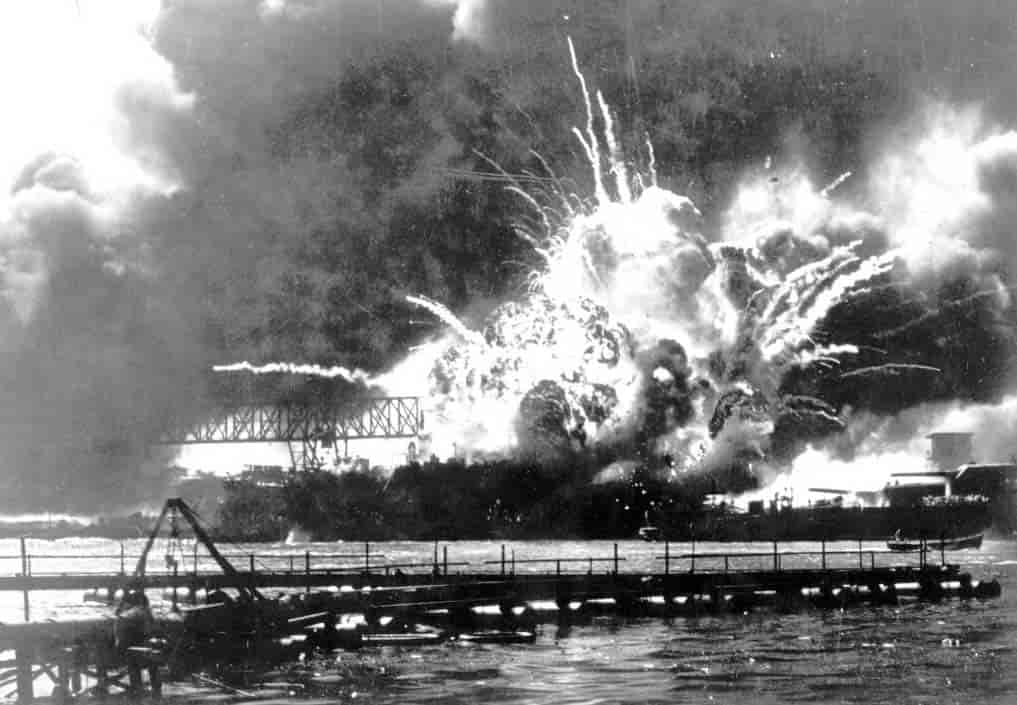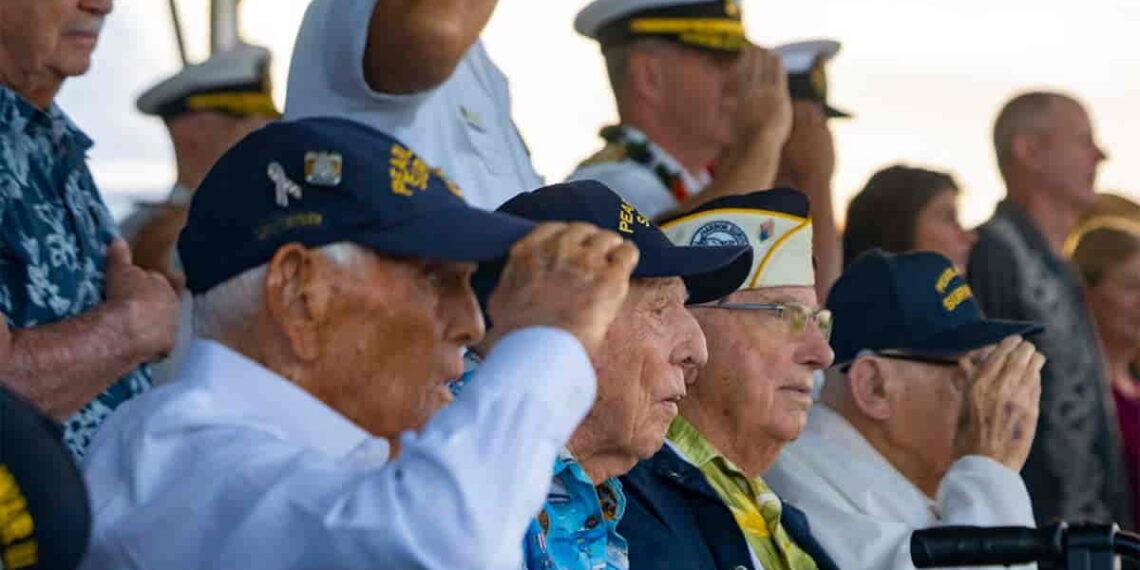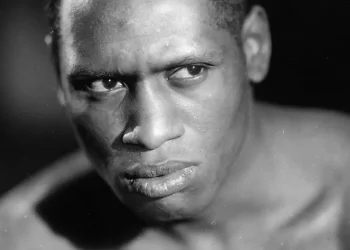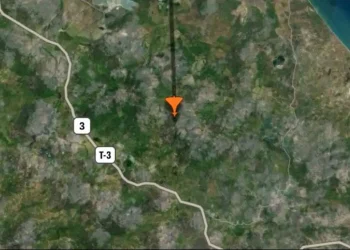U.S. Marks 83rd Anniversary of Pearl Harbor Attack
On the eve of the 83rd anniversary of the Pearl Harbor attack, U.S. President Joe Biden reflected on its profound impact, calling it an event that “changed the future of the world.” Speaking at a White House gathering for veterans and their families, Biden shared his personal connection to the event, recalling how he often heard stories about Pearl Harbor while growing up, particularly from his uncles who enlisted in the military after the attack.
The president emphasized the historical significance of the attack, stating, “During World War II, we stood at an inflection point. We still stand at an inflection point. The decisions we make now in the next four to five years will determine the course of our future for decades to come… We owe it to the next generation to set that course on a more free, more secure, and more just path.”
The anniversary, marked on Saturday, December 7, honors the surprise attack by Japan on the U.S. naval base at Pearl Harbor, located on the island of Oahu, Hawaii, near Honolulu. Early in the morning, hundreds of Japanese fighter planes launched a devastating assault on America’s Pacific Fleet, using bombs, bullets, and torpedoes.
The attack resulted in over 2,400 deaths, including U.S. sailors, soldiers, and civilians. Nearly half of the casualties occurred aboard the USS Arizona battleship. In total, the Japanese managed to sink four of the eight U.S. battleships at Pearl Harbor and damaged the remaining four.

The Naval History and Heritage Command website explains that despite the bravery of U.S. servicemembers, the attack succeeded due to a combination of tactical and technological surprise. Japanese aircraft and weapons were far more advanced than anticipated, and U.S. antiaircraft defenses were insufficient in both numbers and capability.
The day after the attack, U.S. President Franklin Roosevelt addressed Congress, seeking a declaration of war. His famous “Day of Infamy” speech led to unanimous support in the Senate for war. Only one member of the House of Representatives, Montana’s Jeanette Rankin, a pacifist, voted against the declaration. The U.S. was now officially involved in World War II.
Prior to the attack, the United States had imposed economic sanctions on Japan, aiming to curb its expansion in Asia. These sanctions, particularly targeting aircraft exports, played a role in Japan’s decision to strike Pearl Harbor, as part of a strategy to secure its goals in the region without interference.
Today, the USS Arizona Memorial stands over the wreckage of the battleship, a tribute to the lives lost. This year, a 104-year-old survivor of the attack, Ira “Ike” Schab Jr. of Portland, Oregon, returned to Hawaii for the anniversary events. Schab, a Navy musician at the time, was welcomed with a water cannon salute and music from the U.S. Pacific Fleet Band.
When asked about his memories of the attack, Schab said, “Being scared, more than anything else.” He made the trip to honor the few remaining survivors, saying, “They deserve to be recognized and honored.”
This article was rewritten by JournosNews.com based on verified reporting from trusted sources. The content has been independently reviewed, fact-checked, and edited for accuracy, neutrality, tone, and global readability in accordance with Google News and AdSense standards.
All opinions, quotes, or statements from contributors, experts, or sourced organizations do not necessarily reflect the views of JournosNews.com. JournosNews.com maintains full editorial independence from any external funders, sponsors, or organizations.
Stay informed with JournosNews.com — your trusted source for verified global reporting and in-depth analysis. Follow us on Google News, BlueSky, and X for real-time updates.













